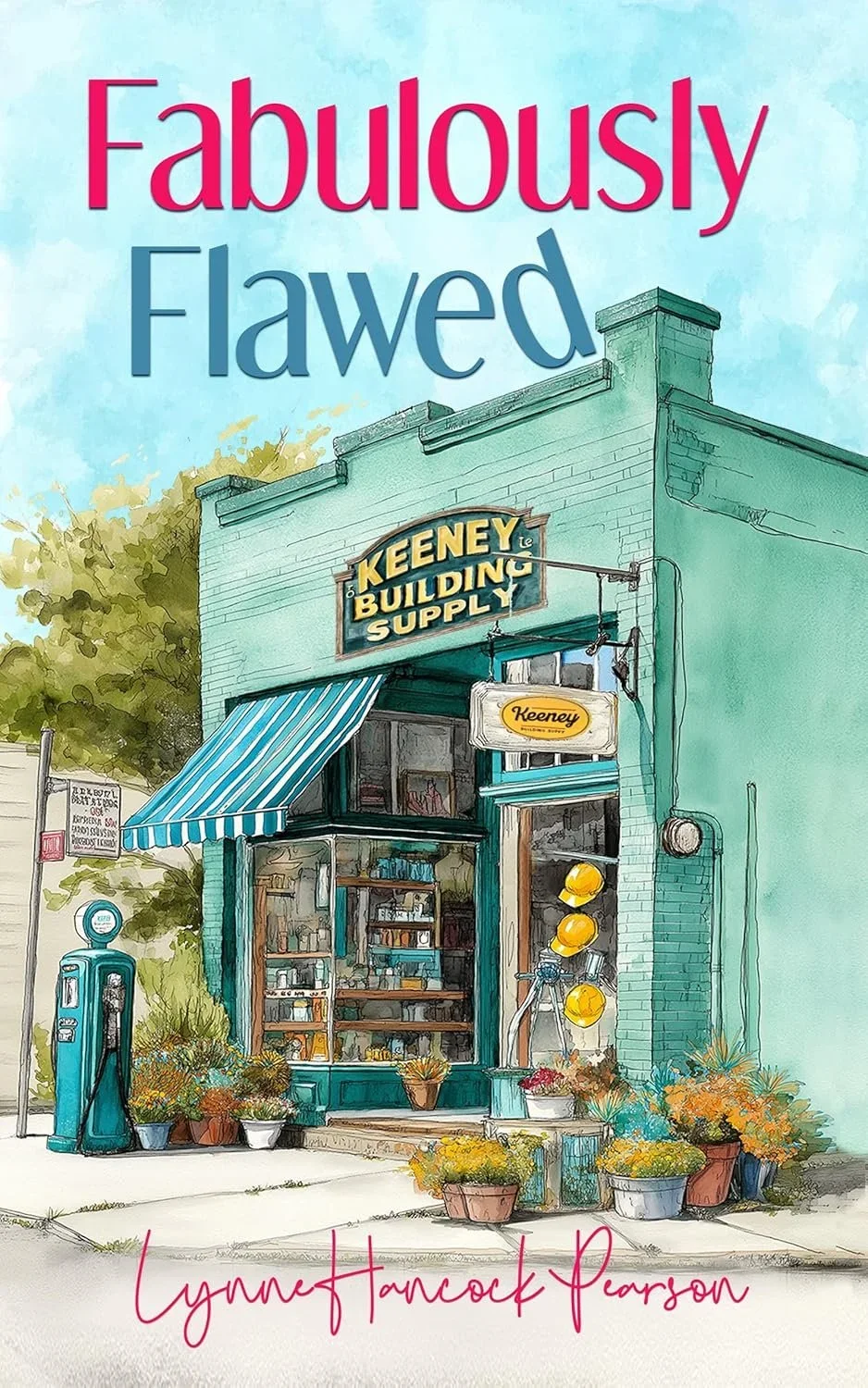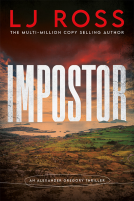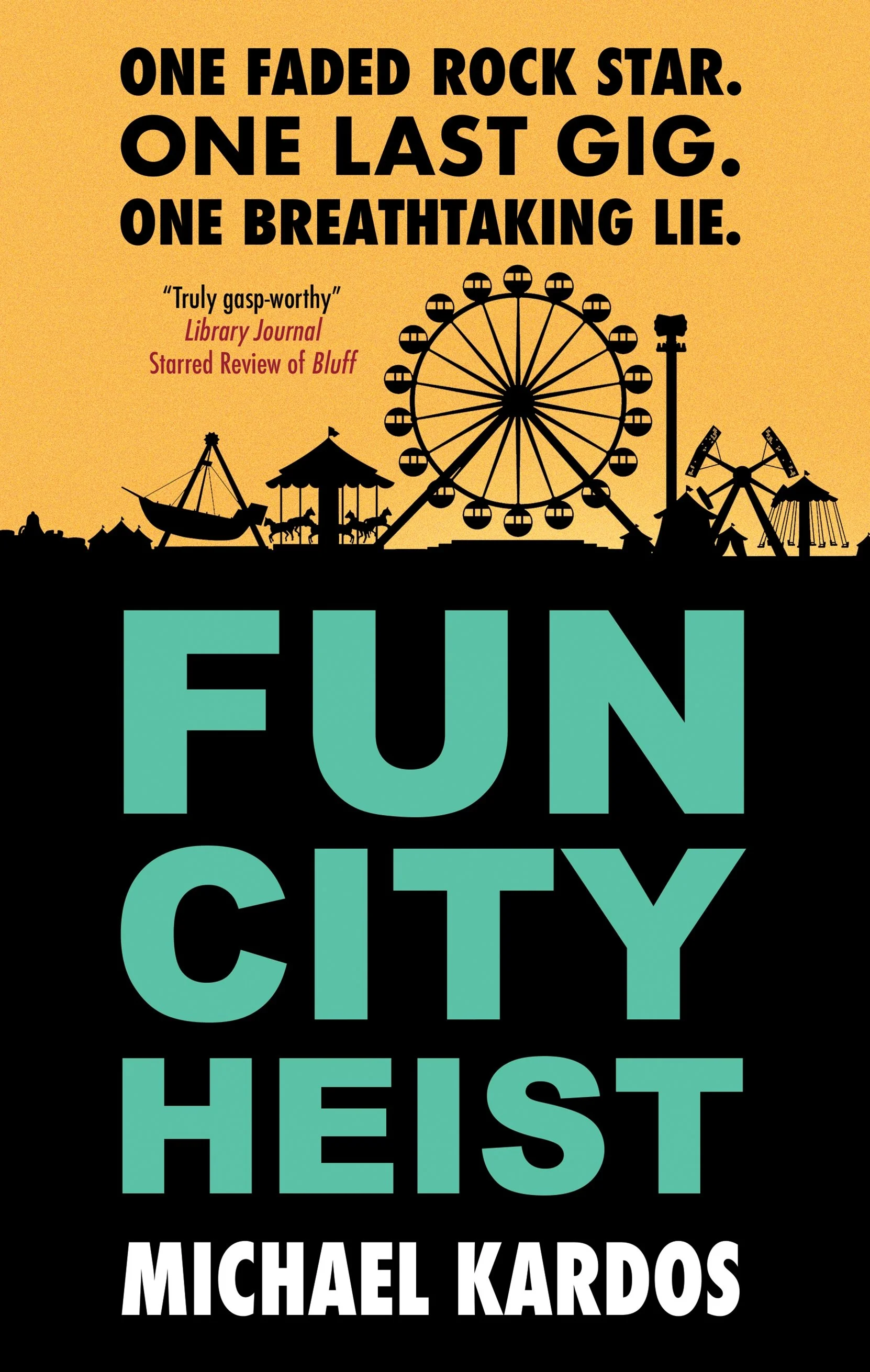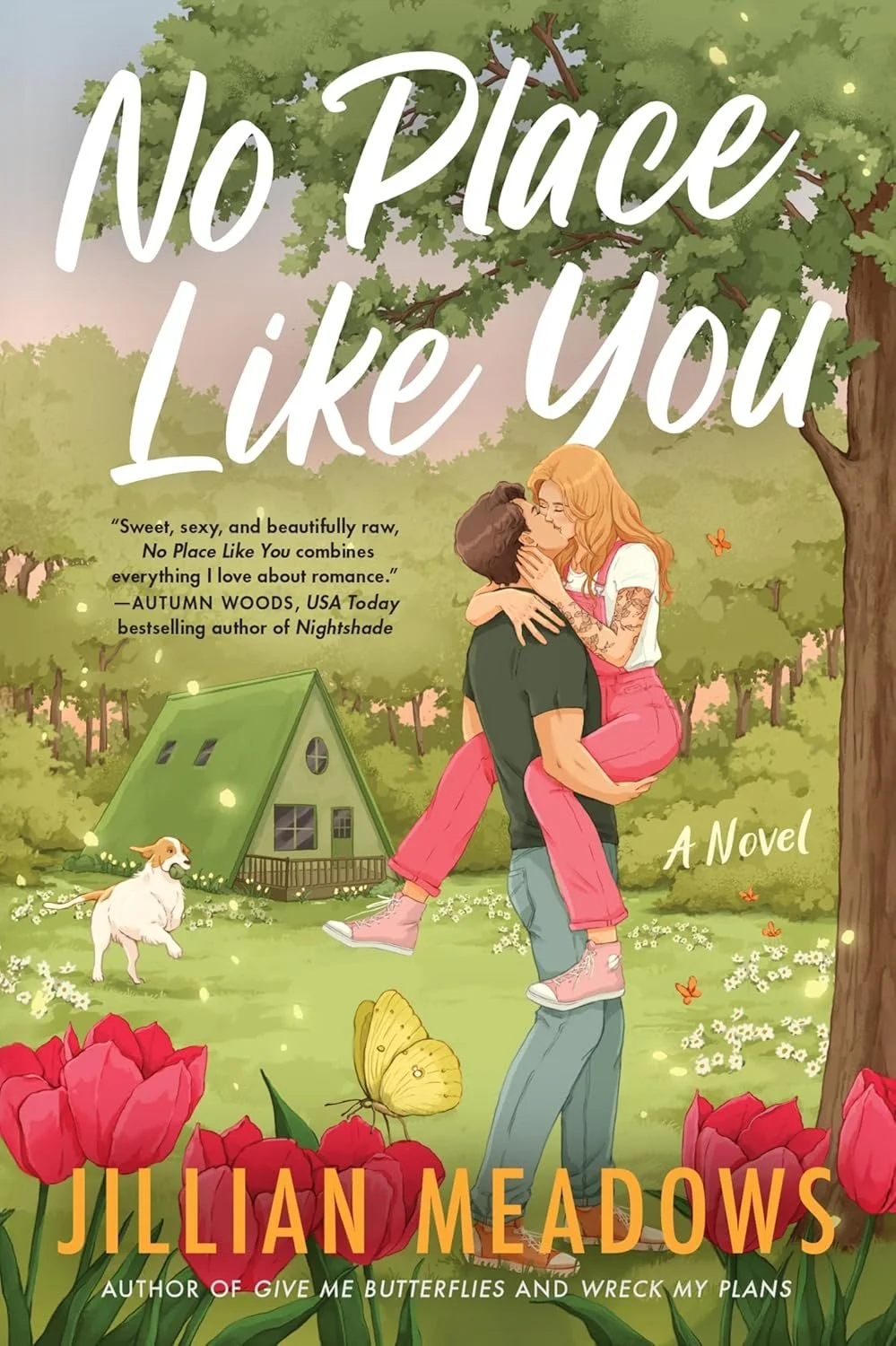Read an excerpt from The Mourning Ring by Sarah Parke
/Sixteen-year-old Charlotte Bronte lives to tell stories. She longs to improve her fortunes through her writing. Charlotte’s father expects her to leave behind her childish fantasies in order to set an example for her three younger siblings.
But the Bronte children hold a secret in their veins—a smidgen of fairy blood that can bring their words to life.
When Charlotte discovers that the characters from their childish stories exist in an alternate world called Glass Town, she jumps at the opportunity to be the heroine of her own tale.
The city of Angria teeters on the brink of civil war and Charlotte and her siblings must use their magic and their wits to save its people from a tyrant with magic abilities. But entering the fictional world means forfeiting control of their own creations. If they fail, the characters they have come to know and love will be destroyed.
Charlotte is determined to save the city and characters she loves, but when the line between creator and character becomes blurred, will she choose her fantasy or her family?
Excerpt
Sixteen-year-old Charlotte Brontë sat in the cramped, stuffy coach and cursed the pitted road that led to Haworth. Nestled in West Yorkshire, the village was a day's ride from the Roe Head School. Beside Charlotte sat an old man in a squashed beaver hat who reeked of sweat and tobacco. A pair of young ladies with stiffly posed limbs perched on the bench across from her. They had nearly identical doll-like features. Charlotte felt boorish in comparison.
Her brother Branwell said she had a face only an artist would appreciate. Her features were symmetrical and well-proportioned. Her mouth was small and budlike, but her lips were pale. She would always be childlike in stature, and her brown hair lacked the volume and luster which was fashionable.
What was the point of being part-fairy if one couldn't benefit from otherworldly beauty? It wasn’t fair.
When the coach pulled to a stop at the crossroad about a mile from the village, Charlotte clambered over the other passengers. Once her boots hit the hard-packed dirt, she drew in a lungful of fresh air, like a swimmer resurfacing. The coachman handed down Charlotte's small trunk, barely sparing her a glance before flicking his whip across the horses' flanks and driving away.
Charlotte stood, watching the coach grow smaller. She extended her arms above her head and stretched for the first time in hours. Then she grabbed the handle of her trunk and began dragging it toward the village. The dirt road turned to a setted stone lane as the ground climbed steeply beneath Charlotte's tired feet.
The Pennines which divided England into east and west like the spine of an immense, sleeping dragon, made the terrain steep and rocky. Charlotte perspired through her bonnet and muslin gown as the June sun beat down on her back. The weak breeze failed to relieve her discomfort.
Not for the first time, Charlotte wished her father was a country gentleman, or a city merchant, instead of a poor village parson. Perhaps then her family could afford their own coach and she wouldn't be forced to drag her belongings home like a traveling vagabond. Her best friend Ellen Nussey's father was a merchant in York and the family owned a coach and two horses.
It had only been a few days since they had parted, but Charlotte missed Ellen desperately. They had been near inseparable since Charlotte began her studies at the Roe Head School the year before. They enjoyed the same books and detested the same dull-witted girls. Though the Nussey family was better-off than most, Ellen was never selfish or mean.
The Nussey's had a home in York, but they spent most of the summer months at a seaside resort in Blackpool. Charlotte envied her friend and pitied herself, swatting at a gnat that buzzed around her face. She might have gone to Blackpool (at Ellen's invitation) if her father had agreed to the arrangement. But Charlotte was needed back at the parsonage to look after her siblings.
Besides, her father had reminded her, it would have been unfair to take such an extravagant vacation and leave her younger siblings behind.
Charlotte loved her sisters and brother, but she would have traded them in an instant to escape the perpetual dampness in Haworth, even for a day. Summers in the village were slow and hot. The thick air blowing over the bogs smelled of decay.
As she trudged over the crest of the hill, panting slightly, the storefronts, public houses, and flats that lined both sides of the narrow street came into view. Their stone faces were blackened with soot and mold. The street was fairly quiet in the afternoon heat. Two familiar shapes stepped out of the shadows of The Black Bull Tavern and hurried toward Charlotte.
One was tall and dark-haired, wearing a white linen shirt tucked into a pair of boy's trousers that were too short for her long limbs. The other shape was smaller, with honey-brown hair spilling out from beneath her bonnet.
Charlotte's younger sisters, Emily and Anne, came to a halt before barreling through Charlotte. They embraced her in a tangle of limbs, talking quickly over each other.
"Welcome home, Charlotte!" Anne cried.
"We've been waiting for nearly an hour. You didn't use to walk so slowly," Emily said.
Charlotte smiled and returned her sisters' embraces. As they stepped back, Charlotte studied them from head-to-toe.
Emily had grown over three inches since Christmas. She would be as tall as their father by the time she turned fourteen. Emily still had some softness in the curves of her face, but her limbs were long and thin. Charlotte suspected Emily wore their brother's clothes because her dresses were too small. It was something their father would likely overlook. Charlotte made a note to take stock of Emily's wardrobe and let down her hems, if needed.
Anne's small, gloved hand was cool against Charlotte's palm. Though she was only twelve, and the baby of the family, Anne had a stoic, serious demeanor. Aunt Elizabeth said she had an old soul. Anne smiled at Charlotte, her delicate upturned nose and violet eyes reminding Charlotte of the fairy blood that ran through their veins.
Emily took one of the handles of Charlotte's trunk, leaving Charlotte to grasp the other, and together they carried it between them down the street.
"Papa will be glad to have you home again," Anne said.
"Yes, and now that you are home, we can get back to writing," Emily added.
Writing was serious business for Charlotte and her siblings. Three years ago, a set of toy soldiers had inspired the siblings to create an imaginary realm called Glass Town. The political machinations and romantic trysts between the characters of Glass Town’s main country, Angria, had occupied the Brontë children for many long winter nights around the parlor fire.
"It's been too long since I visited Angria," Charlotte said.
"Really, Charlotte, it's been awful without you! Anne and I have been forced into exile!" Emily exclaimed.
"What do you mean?"
Anne spoke up. "Not quite exile, really. But Branwell kept fighting all of our ideas for Angria because--"
"He has become a tyrant! So we have created our own country. We call it Gondal."
"That sounds very interesting. I look forward to hearing more about it," Charlotte replied. "Speaking of our brother, where is Branwell?"
Emily huffed and blew a stray lock of hair off her sweaty cheeks. "He was working on Latin with his tutor when we left. He was in a foul mood, too,"
Charlotte wondered if Emily was referring to Branwell or his instructor. Knowing Branwell's attitude toward Latin, it was probably both.
Unlike Charlotte, who was sent away to the Roe Head School for Young Ladies, fifteen-year-old Branwell was educated by their father and professional tutors from nearby Bradford. He had burned through his fair share of tutors, as well.
Charlotte could picture her brother's face, as ruddy as the thin reddish hair that ran wild upon his skull, his tongue knotted as he stumbled over Latin conjugations. The round spectacles on his hawkish nose magnified his small, dark eyes when he glared down at his textbook.
"Perhaps I'll speak with Branwell after his lessons and we can devise an alliance between Angria and Gondal."
The road, which had leveled out in the village, began to pitch upward again as they approached St. Michael and All Angels Parish, the church where Charlotte's father had been appointed perpetual curate twelve years before.
It was a plain structure, nothing like the drawings Charlotte had seen of the minster in York, but it was a testament to the solid, sturdy West Yorkshire parishioners who built it. The single turreted tower housed a bell that rang to celebrate weddings and mourn the dead. The large leaded-glass window at the far end of the nave flooded the altar with light on sunny mornings.
The churchyard behind the parish housed Haworth's dead. Men, women, and too many nameless children crowded together, filling the empty spaces beneath the mossy ground. Some children might have been afraid to live so close to the dead, but Charlotte and her siblings were comforted by the smells of frankincense, freshly turned earth, and grave mold.
The Brontë's home sat on the hill above the churchyard. The parsonage was built from the same grey York stone as the church. In winter, everything in Haworth was beige and grey, but when spring arrived the moors surrounding the village came alive with shades of green, lavender, and blue.
Anne opened the front door and disappeared into the house, but Charlotte paused on the threshold. She took a deep breath, filling her nose with ghost-like scents of Tabby's cooking, spilled ink, and book dust. The stories and characters that had lain dormant in her mind during the school year now stirred and stretched.
Emily cleared her throat and pushed the trunk into Charlotte's hip. With one last glance at the fading afternoon light, Charlotte entered the house, pulling the trunk and Emily along with her.
Buy on Amazon | Barnes and Noble
About the Author
Sarah Parke writes fantasy and historical fiction (sometimes at the same time) for young adult readers and those young at heart.
She has a MFA in Writing Popular Fiction from the University of Southern Maine’s Stonecoast MFA program. Her work has been published internationally, most recently in the July 2015 issue of The Writer magazine.
For more information, please visit Sarah Parke’s website. You can also find her on Facebook, Twitter, and Goodreads


















































